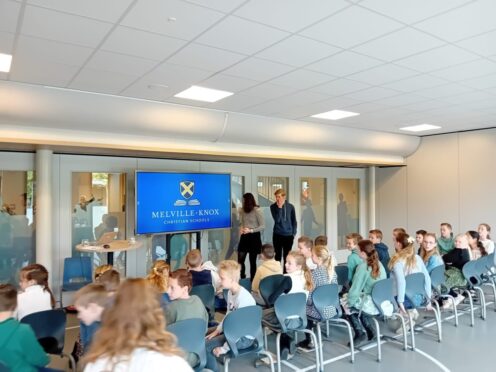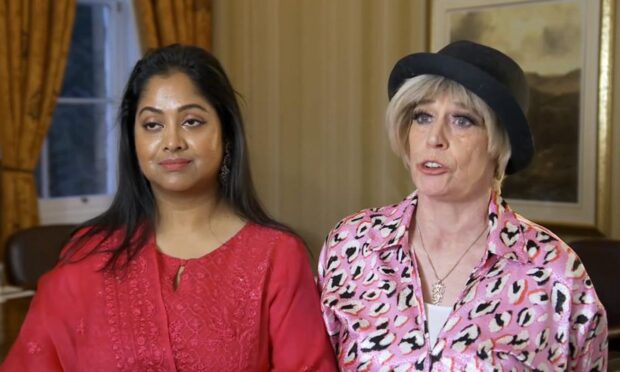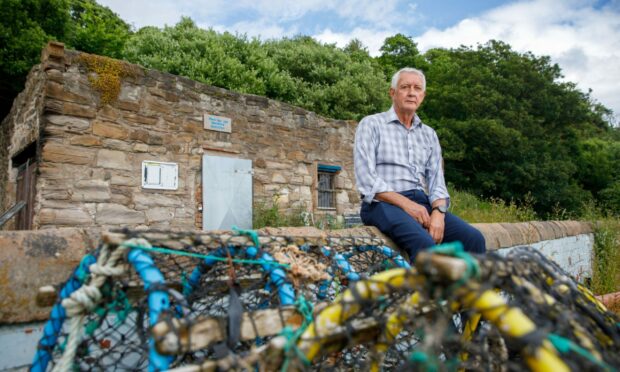A Christian school where all subjects are taught with a ‘biblical perspective’ is hoping to set up in Dunblane.
Melville Knox plans to open its fourth independent fee-paying Scottish primary in the town.
A public meeting will be held in the town’s Free Church today, where attendees will be told of the church’s unique vision.
A mission statement on the official Melville Knox Christian Schools website states: “Since God created all things and all knowledge belongs to Him, our schools teach each subject on the curriculum from a Biblical perspective.
“Christianity affects the whole of life, including how we think and learn and so we teach how to love God with all the heart and mind.”
The school group, which preaches Creationism, has previously spoken out against the secularisation of the Scottish education system and warned that Christian families were turning to home education.
Melville Knox currently runs two small independent primary schools in Glasgow and one in Aberdeen.
Fees are kept “low”, the school states, in order to offer “ready access” to Christian education but parents are urged to consider the “great advantages” of “studying the Christian worldview across the whole curriculum”.
Every day, pupils study English and maths and two afternoons a week are dedicated to learning either a science or a social studies topic.
Gaelic is currently taught to all pupils and French is introduced in the P4-7 class. Specialists teach art, music and PE and IT and health and wellbeing are integrated throughout the curriculum.
Writing on the website, one teacher states: “Although the same subjects are taught as in state schools, they are taught in a different way. Our curriculum starts from a Biblical foundation and builds up.
Melville Knox schools ‘teach children to work for God’s glory’
“Not only is there a difference at a curricular level, but also in the school’s ethos. Is the ultimate goal of education that the children should get good exam results, an ideal career, and succeed in life? Or should we be teaching them from P1 onwards to be working for God’s glory?”
Another admits: “In a Christian school, you can live what you believe, being honest and open. You do not have to be as guarded as you would be in a state school.
“It is wonderful to be able to discuss God in all aspects of the curriculum, drawing the children’s attention to the love, nature and beauty of God in all subjects.”
The schools, which are officially registered with Education Scotland, were named after John Knox, who led the Reformation, and renowned educationalist Andrew Melville.
The Information event, open to all, will take place at Dunblane Free Church, Beech Road, today between 3.30pm – 5pm.











Conversation